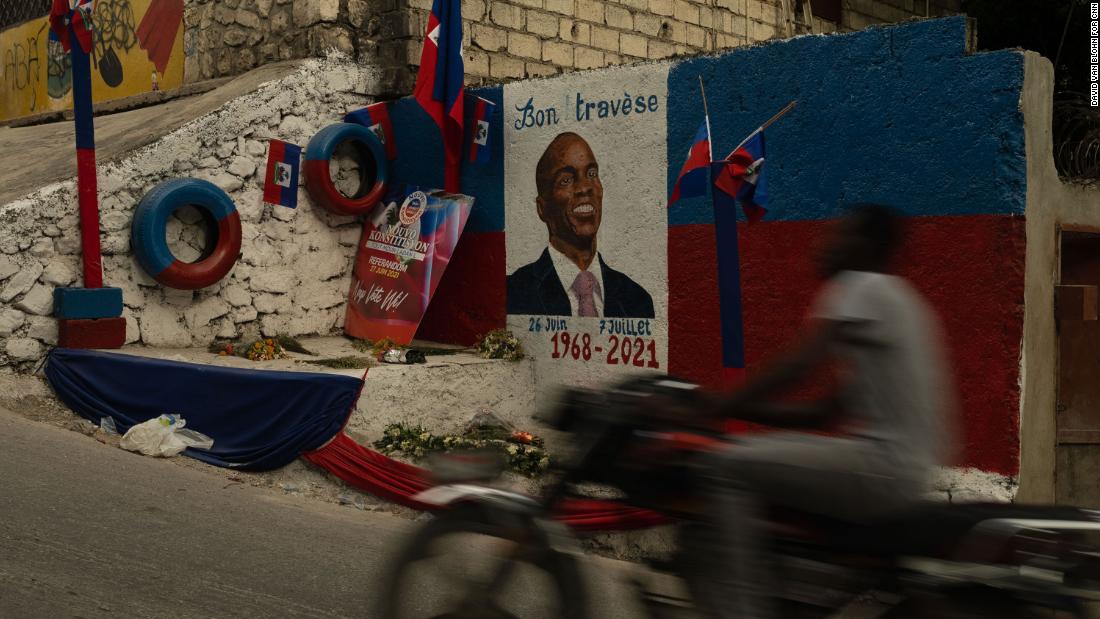Children Born of Rape Will Be Victims in Landmark UK ‘Daisy Law’
Adding these provisions would make the UK one of the first countries to give the right of victimhood to those born of rape under federal law.

The United Kingdom announced last week that the “Daisy Law’ will be included in the country’s forthcoming Victim’s Law. The landmark piece of legislation will allow children born of rape to be recognized as “victims” of crime.
Adding the Daisy Law to UK’s new Victims Law will make the UK one of the first countries to give the right of victimhood to those born under the circumstances of rape, directly into federal law.
“No child born in these horrific circumstances should be left to suffer alone, which is why we must ensure they can access vital support whenever they may need it,” Deputy Prime Minister Dominic Raab said shortly after the announcement. “Our Victims Bill will amplify their voices and boost support for all victims at every stage of the justice system.”
The victim’s bill amendment includes multiple changes to the definition of a victim now including bereaved families and children who have witnessed domestic abuse along with those born of rape.
The decision to add provisions expanding the definition of a victim to include people born of rape, or the Daisy Law, comes after a public campaign by Daisy, a woman born of rape in the 1970s and whose birth father was not brought to justice until 2021. Daisy has asked for her surname to be withheld of fear of risk to her mother, a victim of rape.
Daisy feels children who are born as a result of rape are often deeply impacted by the circumstances of their birth, and suffer a multitude of harms long into adulthood partially due to her own experience with the system.
As the Center for Women’s Justice recounts, when Daisy was 18 she found out that her biological mother was 13 years old when she was conceived. Despite Daisy’s adoption file having this information in it, West Midlands Police in England had not pursued any criminal charges against her father, Carvel Bennett. Daisy decided to contact her birth mother as an adult as she was concerned that because he had never been held accountable for his acts, he could be a serious risk to children.
Bennett was found guilty of raping Daisy’s mother in 2021 as a result of her biological mother’s choice to support a prosecution. But due to what Daisy believed was a fault of not being recognized as a secondary victim of the offense, she had no rights written in the law to be kept informed of the progress of the investigation and prosecution. Following her experience, Daisy, using the pseudonym ‘Vicky Smith,’ spoke out publicly and tried to raise awareness in the press.
“To be told that she was not a victim of an incident which has so defined her life since childhood was extremely distressing, and she was left feeling that the police were minimizing the considerable direct harm she had undoubtedly suffered,” wrote the Center for Women’s Justice, which works closely with Daisy.
As the UK has seen funding for victim support services quadruple in the last 13 years, there’s hope that victims born of rape can now have better access to the support all victims of crime get in the UK. This includes easier access to therapy and counseling sessions, greater recognition from support services and advocacy services that help with a range of issues including alcohol and drug misuse, and providing guidance on accessing education and housing benefits.
The proposed Victims Law will also:
- Make victims’ entitlements clearer sending a hopefully clear signal about what victims can and should expect from the criminal justice system.
- Increase transparency and oversight of criminal justice agencies’ services to victims. Criminal justice agencies will have to review their compliance with the UK’s Victims’ Code and collect information from people assessing services under the Victims’ Code.
- Measures will also be included to improve national oversight including national scrutiny from the Victims’ Commissioner and regular inspections.
- Improve support for victims by improving the coordination of local support services and enhancing the roles of Independent Sexual Violence Advisors and Independent Domestic Violence Advisors.

 Landwebs
Landwebs 























